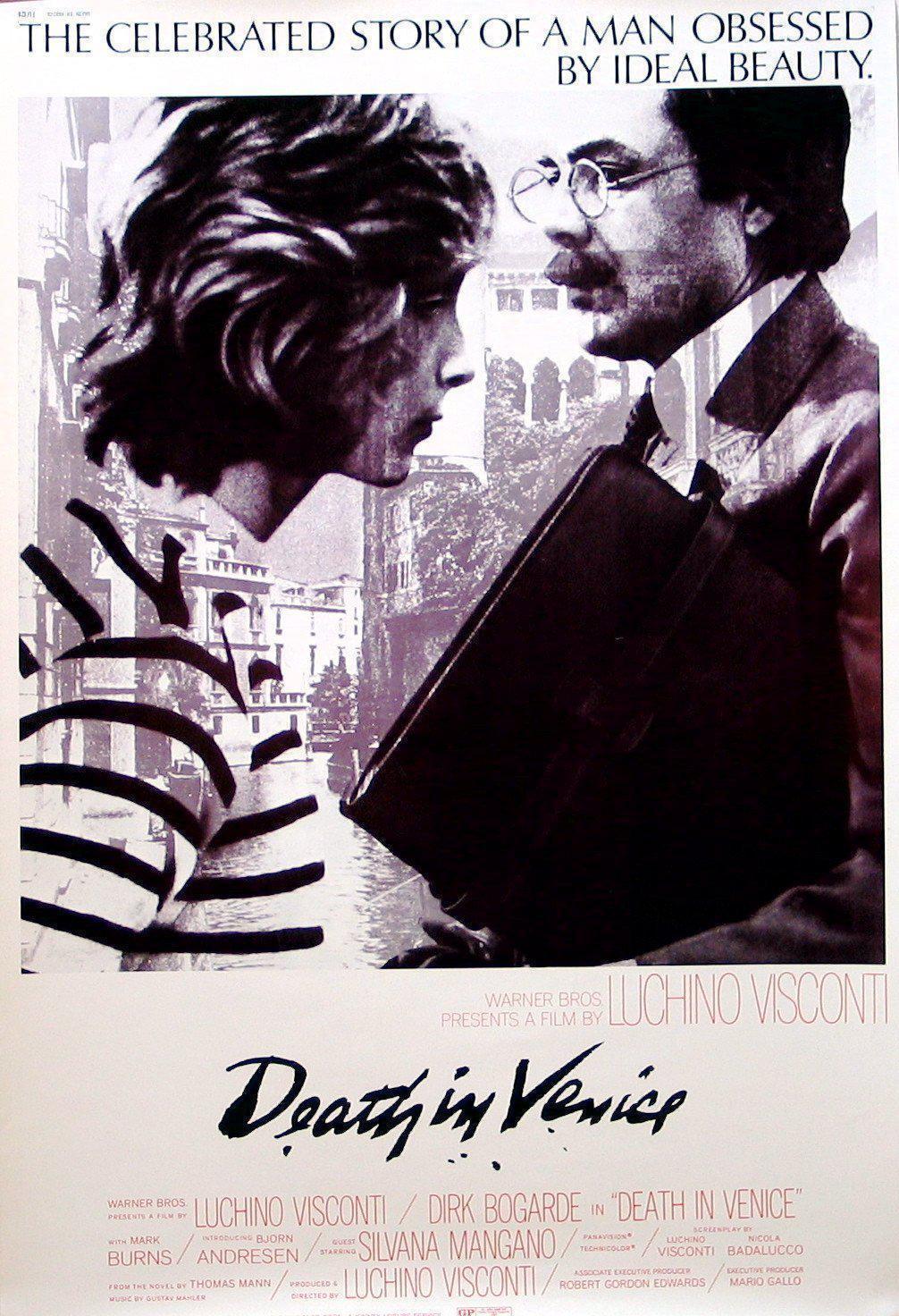


More than reaching conclusions, these works provide beginnings: examples of new human possibilities that are not to be imitated but transcended-and that, in large part, is how the book itself proceeds. Unusually rich, rewarding, and astounding in its range, Deaths in Venice asks important philosophical questions-about art's demands on its practitioners, its connections to the rest of life, and the possibility of endowing our short, evanescent lives with some lasting significance. One senses that Kitcher has so completely immersed himself in the works of Mann, Mahler's music, their biographies, and to an extent the works by Britten and Visconti, that he speaks from within these works and lives.

Philip Kitcher's book is a profession of love: for Mann's novella, for Mahler's music, and for the commitment to ideas and reflections on life that a certain current of German culture represented in the nineteenth and early twentieth centuries. Haunted by the prospect of his death, Aschenbach also helps us reflect on whether it is possible to achieve anything in full awareness of our finitude and in knowing our successes are always incomplete. Each work asks whether a life devoted to self-sacrifice in the pursuit of lasting achievements can be sustained and whether the breakdown of discipline undercuts its worth. Kitcher considers how Mann's, Britten's, and Visconti's treatments illuminate the tension between social and ethical values and an artist's sensitivity to beauty. Mann works through central concerns about how to live, explored with equal intensity by his German predecessors, Schopenhauer and Nietzsche. In Mann's story, the author Gustav von Aschenbach becomes captivated by an adolescent boy, first seen on the lido in Venice, the eventual site of Aschenbach's own death. Reading these works from a philosophical perspective, Philip Kitcher connects the predicament of the novella's central character to Western thought's most compelling questions.

In the 1970s, Benjamin Britten adapted it into an opera, and Luchino Visconti turned it into a successful film. Published in 1913, Thomas Mann's Death in Venice is one of the most widely read novellas in any language.


 0 kommentar(er)
0 kommentar(er)
